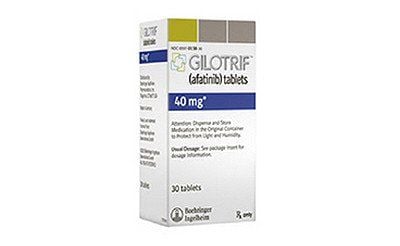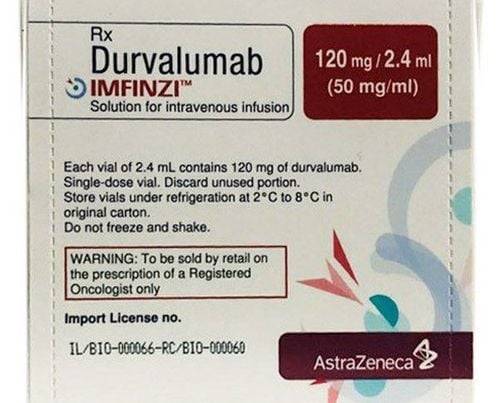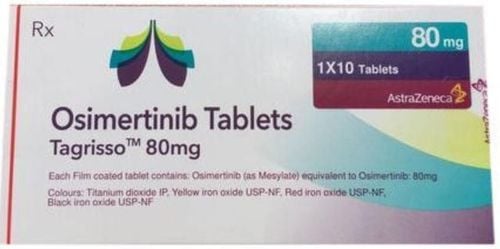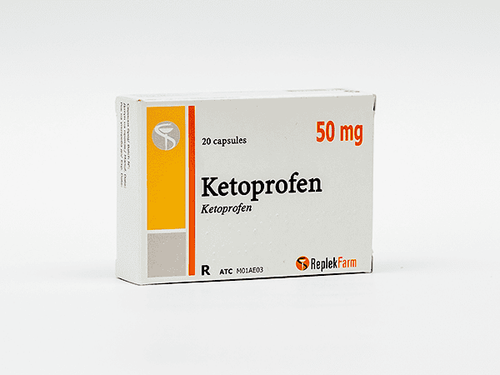This is an automatically translated article.
Pancoast-Tobias syndrome is a type of lung cancer with symptoms such as hemoptysis, chronic cough, weight loss, fatigue, chest pain due to compression of the intercostal nerve, pain and mild paralysis of the arm due to compression. pressure on the brachial plexus. In addition, shoulder pain can also be a warning sign of lung cancer.1. Overview
Pancoast-Tobias syndrome is a malignant tumor at the top of the lung. This syndrome is quite rare and affects <5% of all lung cancers. The tumor is usually from the bronchi, in which the majority are squamous cell carcinoma and adenocarcinoma. There are many risk factors for Pancoast-Tobias syndrome including:Smoking or exposure to secondhand smoke Working, long-term exposure to environments high in asbestos and radon. Exposure to industrial compounds such as gold and nickel.

Hút thuốc lá hoặc tiếp xúc với khói thuốc thụ động có thể là yếu tố làm gia tăng nguy cơ mắc hội chứng Pancoast-Tobias
2. Symptoms
The signs of Pancoast-Tobias syndrome are different from those associated with cancer in other parts of the lung. When tumors in the lung put pressure on the nerve that runs through the lung, causing pain in the shoulder or shoulder blade, the nerve is actually irritated in the lung.Shoulder pain, shoulder blade pain. Arm, elbow or armpit pain. Pain or tingling in the hands or fingers. There may be contracture or weakness of the hand or arm. Pain can also be caused by lung cancer that has progressed to the bone and near the shoulder, and it is estimated that 30-40% of lung cancer patients develop bone metastases during their illness. Symptoms of shoulder pain may be caused by the growth of a tumor on the top of the lung (Pancoast tumor). Shoulder pain due to lung cancer is quite similar to the symptoms of common shoulder pain or arthritis, so it is difficult to determine the cause of the pain. The doctor recommends a detailed examination if you are a smoker and have accompanying signs such as:
Sudden pain in the shoulder and shoulder blades, not due to work. Shoulder pain during rest. Usually occurs at night. Short breathing, persistent cough. Fatigue, unexplained weight loss. The pain does not go away on its own after a few weeks. As the disease progresses, apical lung tumors can lead to a variety of symptoms typical of Horner's syndrome: nerve damage from the neck to the face such as a sunken eye in one eye, having a smaller pupil than the other. on the other hand, reduced or no sweating on one side of the face.

Nếu bạn đột nhiên đau ở vai và bả vai, không do lao động và bạn cũng không hút thuốc thì hãy đi thăm khám chi tiết ngay
3. Diagnostic measures
The diagnosis of Pancoast-Tobias syndrome and apical lung tumors can be difficult because of the atypical findings of lung cancer. Typically, patients will visit a neurologist or orthopedic surgeon before consulting an oncologist.Several methods of diagnosing apical lung tumor:
X-ray: helps to detect abnormal tissue in the upper part of the lung, assess the extent of invasion into the ribs or vertebrae. However, it is only applied in the advanced stage of the tumor, and in the early stages, the apical lung tumors are difficult to see on X-ray because of the shadow. Computed tomography (CT) scan: will be effective if the tumor has entered the chest wall, spine, nerves, windpipe, blood vessels, food pipe, or mid-lung area. Magnetic resonance imaging (MRI): often combined with CT scans to evaluate the extent of tumor invasion into other structures. Bronchoscopy: helps to check the airways of the lungs. Tissue biopsy: to remove some of the tumor's cells for examination, this may be an open chest biopsy or the use of a needle inserted through the skin. Other tests: such as magnetic resonance imaging (MRI) of the brain, bones, PET/CT scan, and bronchoscopy to check the middle of the lungs, to assess how far the tumor has spread to other areas such as the brain or bones ...
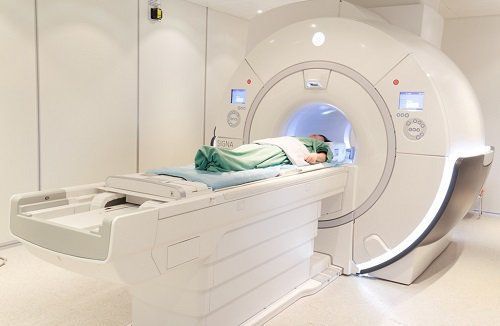
Một số phương pháp chẩn đoán khối u đỉnh phổi có thể được chỉ định như chụp MRI, chụp CT, chụp X-quang,...
4. Treatment measures
The treatment method for apical lung tumor depends on the patient's health condition, tumor size, and affected areas. Treatment may be aimed at reducing symptoms or eliminating the cancer. Common treatments include: pain medication (to reduce pressure on the nerve), chemotherapy, radiation therapy, or surgery (select one or a combination of all).Surgery for apical tumors may involve removal of the entire lung, affected adjacent tissues or the top ribs...so it should be performed by surgeons who can much experience.
To prevent Pancoast-Tobias syndrome and avoid related diseases, you should pay attention to:
Limit smoking to reduce the risk of developing lung cancer. Avoid exposure to smoke, toxic materials such as asbestos and radon. People at high risk such as having a family history of lung cancer, people over 55 years of age, and former smokers should actively screen for lung cancer periodically to detect early stage cancer and prevent its progression. its development.
Early cancer screening is considered a perfect measure in the timely detection and treatment of all types of cancer. Currently, Vinmec has a Lung Cancer Screening Package, which helps detect lung cancer early (which is stage 1 and stage 2 lung cancers, if any), helps reduce lung cancer mortality by 20% compared to the high-risk group. high muscle that has never been screened. The examination package has the disadvantage of causing radiation exposure, overdiagnosis leading to abuse of interventions.
Why should you choose Cardiovascular Screening Package at Vinmec International General Hospital?
Simple and quick procedure. Enthusiastic advice and support, reasonable and convenient examination process. Comprehensive facilities, including a system of clinics and consultations, blood collection room, dining room, waiting area for customers... The medical staff has high professional qualifications, style. Professional, caring way of working.
Please dial HOTLINE for more information or register for an appointment HERE. Download MyVinmec app to make appointments faster and to manage your bookings easily.




